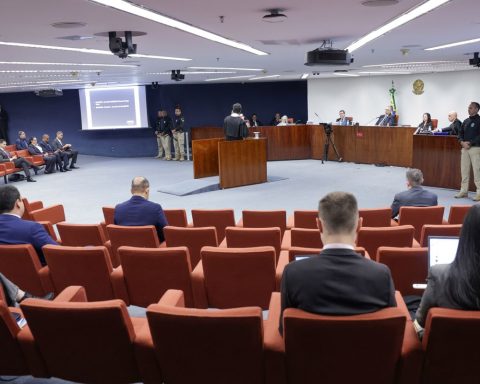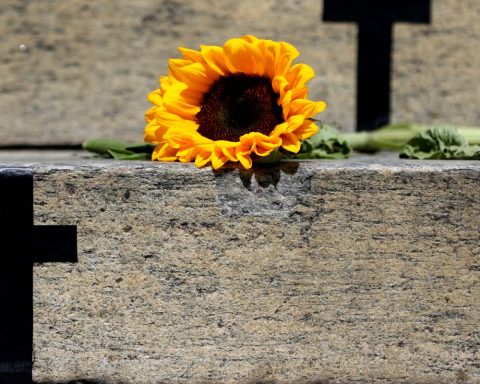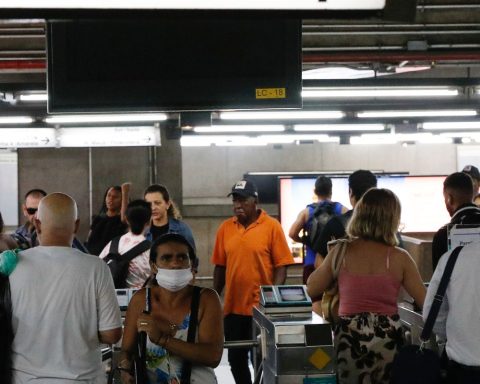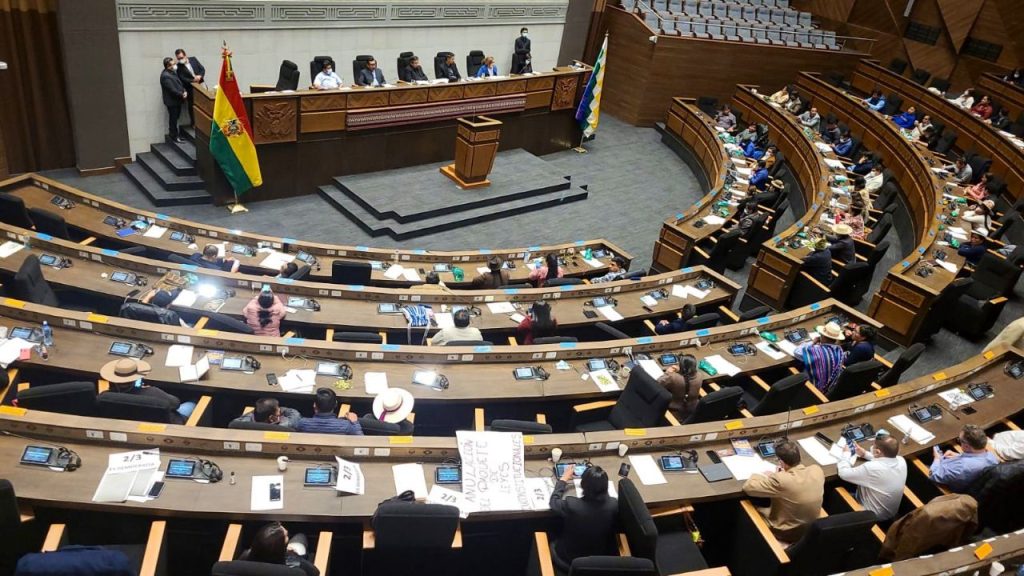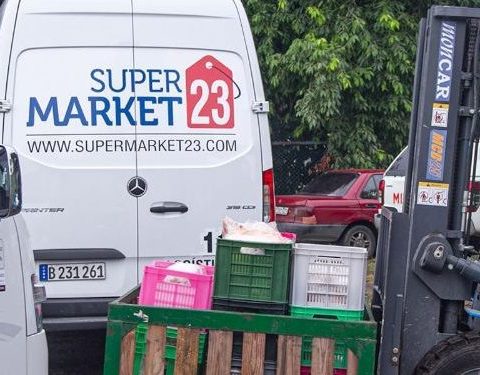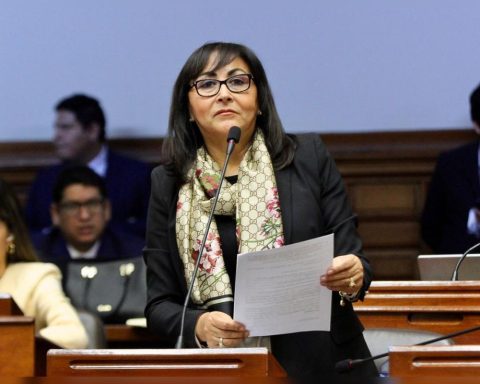Peripheral intravenous catheters and articles for arteriovenous fistula (channels between arteries and veins opened to treat some diseases) will no longer pay the Social Integration Program (PIS) and the Contribution to Social Security Financing (Cofins). In exchange, certain types of glass will pay more Tax on Industrialized Products (IPI).
The measures are contained in a decree signed today (22) by President Jair Bolsonaro. The reduction of PIS/Cofins will mainly benefit hemodialysis patients, who usually receive medication through intravenous fistulas. In a statement, Palácio do Planalto informed that the exemption corrects distortions in the market, by zeroing the tax both on sales to the domestic market and on imports.
The loss of revenue will be offset by changing the IPI levy table on the glass market. Some types of glass will have the rate doubled, from 5% to 10%. According to Planalto, the changes will curb tax evasion practices, by preventing the registration, in invoices, of glass processed as if it were simple glass and the processing of glass by companies registered as distributors, without paying the due tax.
The changes, according to Palácio do Planalto, will increase revenue by R$4.84 million per month in 2022, R$61.26 million during 2023 and R$65.10 million in 2024. The impact on the coffers of Union will be null, because the increase in revenue on glassware will offset the loss of revenue with the PIS/Cofins exemption on medical articles.

